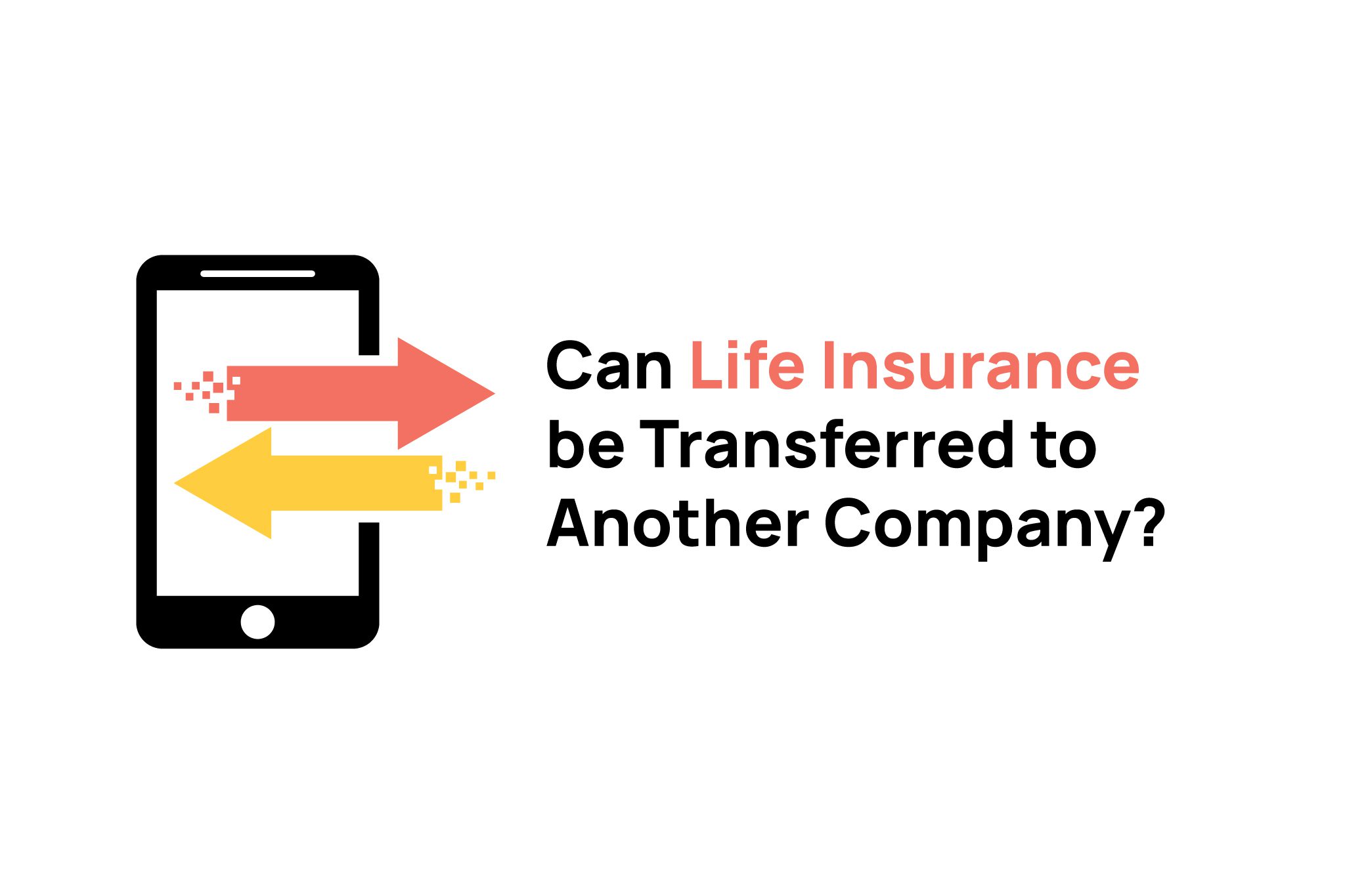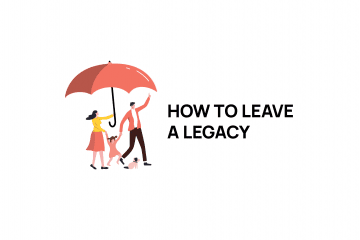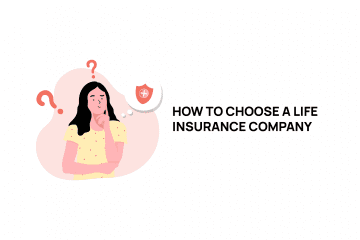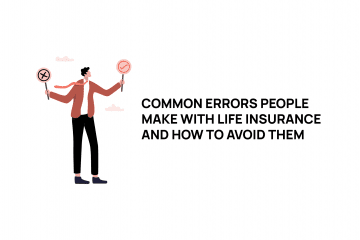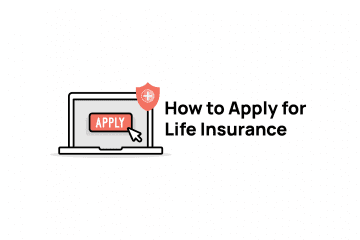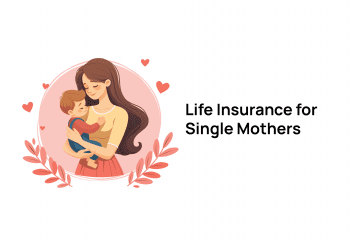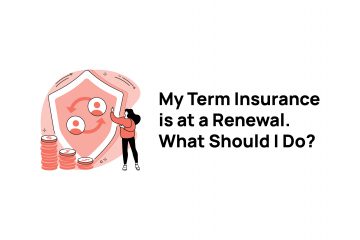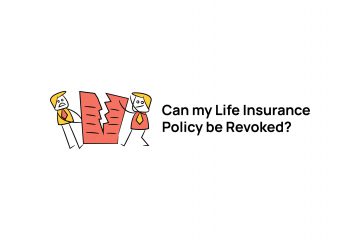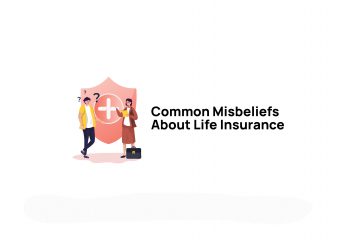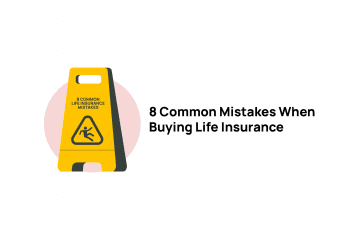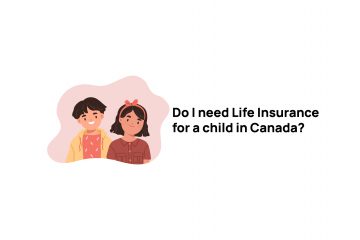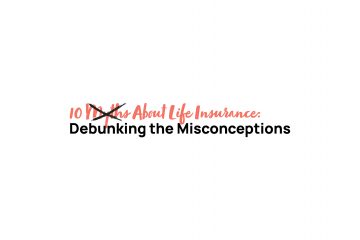Once you’ve invested in a life insurance policy, there are a number of reasons you may consider changing your policy. But there are limitations to what you are allowed to do in terms of transferring or changing existing policies, and the rules differ by country and province. In this article, we’ll dive into whether you can transfer a life insurance policy to another company in Canada, as well as the protocol for transferring work benefits, changing beneficiaries, and more.
Is it possible to transfer a life insurance policy to another company?
If you have purchased a life insurance policy from an insurance provider, it is not possible to transfer the existing policy to another company. There are a few reasons for this. For one, the policy and premium rates you qualified for in the first life insurance application will no longer be valid. For another, life insurance companies undergo extensive underwriting processes, which take time and resources, so there is little incentive to simply pass along a policy to another company when they have put the work in to get it approved.
That being said, if you no longer want to continue with an existing policy or life insurance provider, there are a few options at your disposal. For example, there is nothing stopping you from applying for a wholly new life insurance policy with a different insurance provider. For some, this can be advantageous and lead to cost savings. For example, if you were a smoker when you applied for your initial life insurance policy, you may have been subjected to high premium rates. If you’ve since quit smoking and qualify as a non-smoker—or if your health has improved—you may be eligible for a better premium rate. So, even though premium rates will increase due to your age, you may still qualify for lower premium rates that can save you money over the long term.
If you want to change the type of policy you are insured with—for example from a term life insurance policy to a permanent life insurance policy—it is typically easiest to convert an existing policy with the same life insurance provider. Going the conversion route will save you the trouble of having to resubmit an application and undergo the underwriting process. To convert a policy, you simply have to be sure your existing policy has a conversion clause.
Despite the relative ease of converting a life insurance policy, some policy holders may still benefit from letting their original policy lapse and signing on to a new life insurance policy. This is because premium rates may be lower if the insured undergoes underwriting again. Generally, conversions are beneficial for people who may have developed health problems or have become uninsurable. In short, it guarantees coverage.
Similarly, if you have a term life insurance policy that is expiring, it may be worthwhile to explore premium rates for new policies rather than simply rely on the automatic renewal. If you are still in good health and eligible for low premium rates, a new policy can be cheaper than a renewal. If, however, you have developed health problems or have any reason to be uninsurable, renewal is often the safer option.
No matter the circumstances, if you do decide to buy a new life insurance policy to replace an existing or expiring one, it is important to note that you will be subject to certain clauses that typically apply to the first years of a policy. For example, most insurance providers include a suicide clause and incontestability period that cover the first years of a life insurance contract. Even though you may have passed these periods in your original contract, they will be enforced again in a new policy. That means that life insurance companies can contest any claims made in the first years of a policy if any information was misrepresented, as well as deny payouts if the insured dies by suicide. These clauses are fairly standard across all life insurance policies.

Can I sell my life insurance policy?
The answer to whether you can sell a life insurance policy is dependent on where you live in Canada. The process of selling a policy to a third party is called a life settlement or viatical settlement. In some provinces, such as Saskatchewan and Quebec, a life settlement is legal. In other provinces, life settlements are an illegal practice—though there are efforts to legalize them across Canada.
Having the option of selling a life insurance policy to a third party can be valuable for policy holders. Traditionally, if you are no longer able to pay for your policy premiums, your options are limited. You can let the policy lapse, in which case you stop paying monthly premiums and the life insurance company will not pay the death benefit. Or, if you have a permanent life insurance policy, you can end the policy and receive its cash surrender value from the life insurance provider.
A life settlement provides a third option, where you sell your life insurance policy to a third party. The original policy holder receives a lump sum payment that is more than the policy’s cash surrender value but less than the death benefit. The third party effectively takes on the policy’s premium payments for the rest of the insured’s life and becomes the sole beneficiary. This means that when the insured party dies, the third party that bought the policy receives a guaranteed death benefit.
As mentioned, there is a push to legalize life settlements across all Canadian provinces to give people more options, especially if they need a cash infusion later in life to pay for expenses and care. Much of the resistance to life settlements comes from life insurance providers, because they benefit when long-term policies lapse and they do not have to pay a death benefit. However, there is also an argument against life settlements due to the risk of financial abuse or exploitation. Specifically, elderly people in need of funds may be coerced into selling their life insurance policies for substantially less than they are worth.
Changing a life insurance policy’s owner
In provinces where life settlements are prohibited, there is another option for those who no longer can or want to pay for their life insurance premiums but do not want to let the policy lapse. In short, policy holders can transfer their life insurance policies to a new owner, so long as the new owner has an insurable interest in the original policy holder’s life.
What is insurable interest? Basically, it means that the new policy owner will suffer a financial loss when the insured person dies. This typically means that policy ownership can be transferred within families or close relations, such as a parent transferring a policy to their child, or a policy being transferred between spouses. In some cases, life insurance ownership can be transferred to a corporation (if the insured is owner or part-owner) or a charitable group.
If you are thinking about transferring ownership of your life insurance policy to a family member or close relation, you should consider that the transaction comes with tax implications. The tax impact of changing a life insurance policy’s ownership is highly dependent on the size of policy, cash value, etc. so it is advisable to speak with an accountant, tax lawyer, or consultant ahead of time. They can evaluate your situation and specific life insurance policy to illuminate how transferring policy ownership will impact your taxes and those of the new owner.

Can I take out a policy loan with life insurance?
If you need access to money but do not want to sell or transfer your life insurance policy, some life insurance companies do offer another option in the form of a policy loan. We should say that policy loans are only applicable for permanent life insurance policies with a cash value component.
With a policy loan, the policy holder can borrow money from the life insurance company, putting up their policy’s cash value as collateral. This means that the size of loan is limited by the life insurance policy’s cash value. Premiums must also continue to be paid or else the original policy will lapse.
If you do take out a policy loan from your life insurance company, you will be expected to pay interest. Depending on the loan agreement, this interest can be paid regularly or simply be added to the overall loan. Whatever is owed to the life insurance company will be subtracted from the insured’s death benefit when they die.
In very specific cases—where a policy holder has been diagnosed with a terminal illness—most insurance companies offer what is called a “compassionate payment”. With a compassionate payment, the life insurance company releases a portion of the death benefit before the insured person dies, to be used at policy holder’s discretion. That is, the money can be used for care or medical expenses, bucket list activities, family travel, and more. If a compassionate payment is made, it is deducted from the original death benefit sum. Policy premium payments must also be kept up until the insured dies.
Transferring work benefits to a private life insurance company
Another scenario in which you might be thinking about transferring a life insurance policy is if you have coverage through your work. If you have life insurance coverage through an employment benefit program, this type of coverage typically ends when you leave the job, leaving you potentially uninsured. If you are simply switching jobs and will receive employment benefits from your next employer, the transition should be seamless.
If, however, you lost your job or are going in a new direction that doesn’t include life insurance benefits, you might not want to lose your existing coverage. It is therefore worthwhile to check whether your existing employment life insurance benefits allow you to convert your group policy to an individually owned one. If so, you should be able to switch to a private policy without having to undergo medical testing and underwriting. The downside to transferring your group policy to a private policy is that you will likely have a limited death benefit and higher premium costs compared to the group policy premiums.
Because of the high premiums associated with converting a group policy to an individual one, it can often be beneficial to apply for a separate life insurance policy altogether. In fact, an increasing number of people are choosing to supplement their work benefits with a private life insurance policy. Having a private policy ensures that people have enough coverage to support their families if they are no longer around and that they will be covered even if they lose or leave their job.
On average, life insurance coverage through employment benefits provides a payout worth one or two years of salary. This may be a large enough death benefit for some, but many who still have mortgage debt and families to support if they die, opt for additional protection. If you do think supplemental life insurance is a good idea, it is wise to look into it sooner rather than later: premiums only increase as you age. Not sure if your work benefits are enough? Use our life insurance calculator to see how much coverage you need or speak with one of our trusted life insurance advisors.

Transferring a death benefit to another person
In all cases it is possible to transfer a life insurance benefit to a different person. In other words, it is possible to change the beneficiary listed on a life insurance contract. This change can be made directly by the policy holder in cases where the original beneficiary is listed as revocable. In cases where the beneficiary is irrevocable, however, the policy holder will need to obtain the beneficiary’s signed consent to make changes to the policy.
Essentially, a revocable beneficiary can be removed from a life insurance policy without consent or notice. An irrevocable beneficiary, by contrast, must provide explicit consent if the policy holder wants to make any changes to the policy, including removing or changing a beneficiary.
In many cases, policies have irrevocable beneficiaries because a court has ordered it (for example in a divorce settlement). In most Canadian provinces, beneficiaries are automatically designated as revocable unless otherwise stated. In the province of Quebec, spouses are automatically deemed irrevocable beneficiaries unless a request for a revocable status is made.
If you choose to change your beneficiary at any point, the terms of the life insurance policy will not change. While the death benefit will be issued to the new beneficiary, premium payments must still be made and the value of the policy will remain the same.
What are my options for changing my life insurance policy?
As we’ve seen, there are a number of options at your disposal if you want to transfer or change your life insurance policy. So, while outright transferring an existing policy to a new life insurance provider is not possible, you should be able to find a suitable alternative.
For instance, you can:
- Let your existing policy lapse and apply for a new policy with a new insurance provider.
- Convert or renew an existing policy under the same insurance provider.
- Sell your permanent life insurance policy to a third party if you are in the provinces of Saskatchewan or Quebec.
- Transfer your life insurance policy to a new owner, as long as they have an insurable interest.
- Take out a policy loan using your permanent policy’s cash value as collateral.
- Convert employment life insurance benefits to an individual policy.
- Purchase individual life insurance to supplement work benefits.
- Change your policy’s beneficiary.
If you would like more information on transferring your life insurance please reach out to us.
